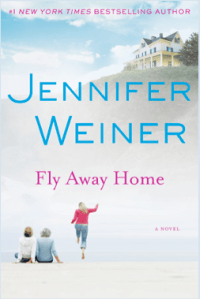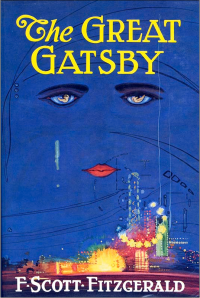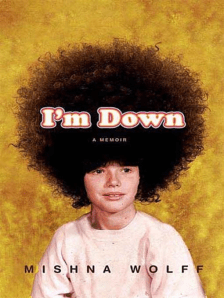Humble brag/disclaimer: I was sent an advance reader’s copy of Lust & Wonder by Augusten Burroughs’s publicist. I received no payment for this post, but I am now so cool I won’t even hang out with me anymore.
I’ve been emotionally shadowing Augusten Burroughs since Running with Scissors was published in 2002. A chronicle of Burroughs’s harrowing, chaotic childhood, Running with Scissors made my formative years seem positively normal by comparrison. I may have had a secret grandpa, an absent narcissistic father, an emotionally inscrutable mother, a compulsion to peel the skin off my hands and feet, and the habit of telling elaborate lies — but no one ever sent me to live with a lunatic psychiatrist in a squalid house or told me being molested by a pedophile was good therapy. Sure, I was deeply insecure, lonely as hell, and scared all the time, but I was for sure less fucked up than Augusten Burroughs!
Dry, released in 2003, is a chronicle of Burroughs’s twentysomething years, which he spent working in advertising, drinking himself near to death, going to rehab, trying to figure out how to live sober while dating a crack addict, and watching his former lover and best friend die of AIDS. I spent my 20s marrying the wrong man, getting divorced from him, screwing a long line of one-night stands, visiting an alarming number of psychics, and reading a lot in the bathtub. I was a soaking wet hot mess, make no mistake, but still less fucked up than Augusten Burroughs!
With Lust & Wonder, Burroughs has come back into my life at a gentler time. For one thing, I no longer feel the need to judge myself on a continuum of fucked upedness on which I am way more fucked up than Anna Quindlen, far less fucked up than Kathryn Harrison, and equally fucked up as Cheryl Strayed. I’m a good man’s wife. Mother to a gentle, generous, funny girl. The daughter of retired Florida condo dwellers. I am what I guess you’d call content and settled, a state of grace that once seemed utterly unattainable. It seems remarkable to me sometimes, the love and goodness that have become my everyday life.
Love is the territory Burroughs charts in Lust & Wonder, chronicling his adult romantic relationships with the keenly observed humor and brutal intimacy that makes him such a rich pleasure to read, even as he’s showing you horrors. There’s Mitch, the “deeply odd” published author. George (the “Pighead” character from Dry), whose death sends Burroughs into a drunken spiral. “Normal and stable” Dennis, with whom Burroughs has a long-term relationship that’s perfect on paper and broken in reality. And finally, there is Christopher, who is all wrong — he’s short, HIV positive, and just happens to be Burroughs’s literary agent. They’re friends for 10 years before Burroughs finally admits his feelings. It’s impossible. It’s ludicrous.
Reader, he married him.
It seems the stuff of rom-coms, of fairy tales, the lost child turned self-destructive adult transformed by love and granted entry into the dreamed of “normal life.” But I feel the heft of the mythological at work here. The years on a stormy sea, the conquests, the challenges to be faced and monsters to slay, and the final return home where you are welcomed and known, loved not in spite of your damage and your secrets but because of them, because they are part of you and in this safe harbor there is nothing to be ashamed of at last.









